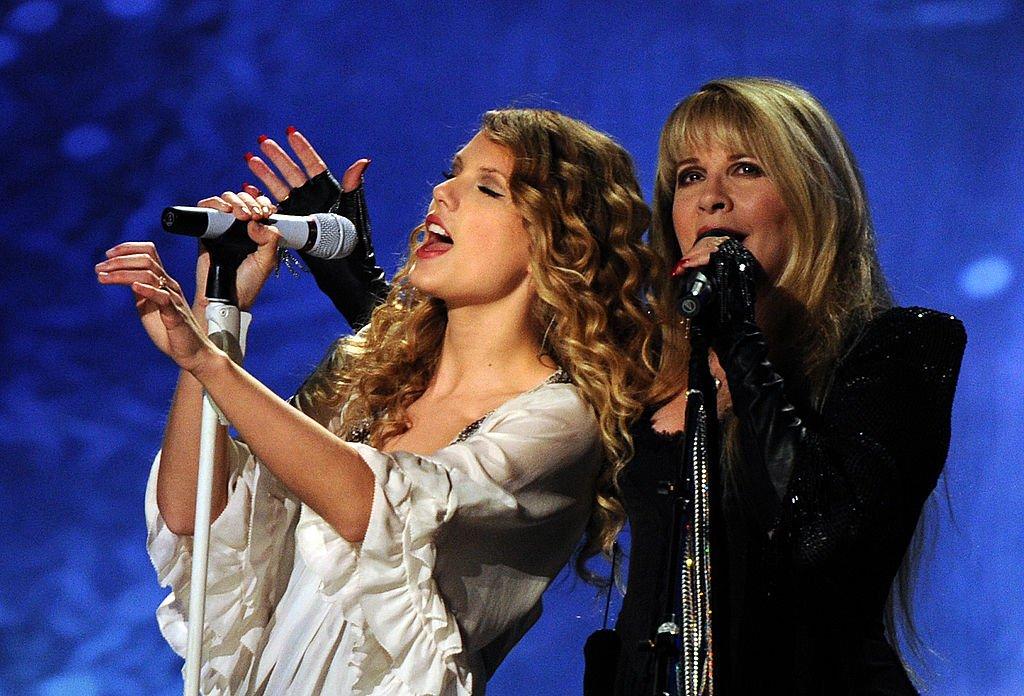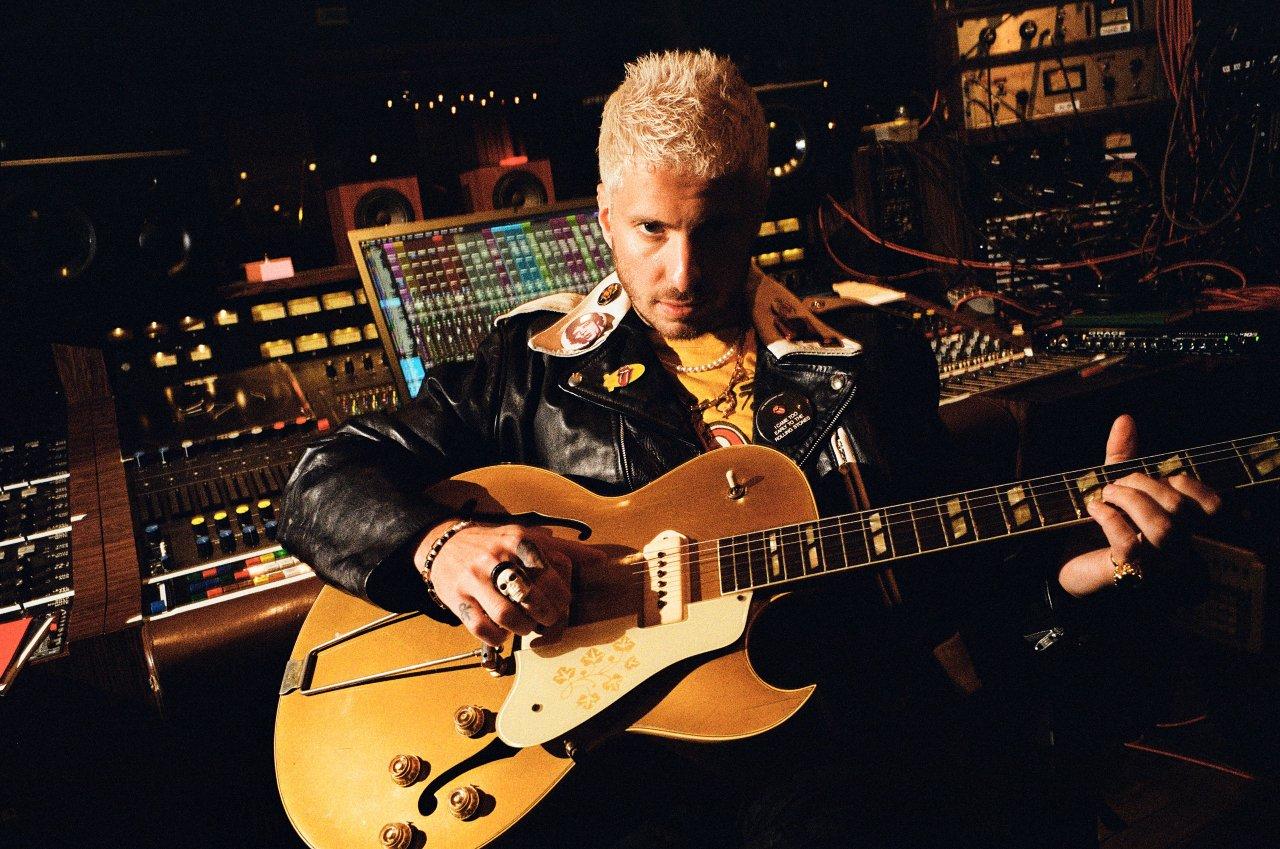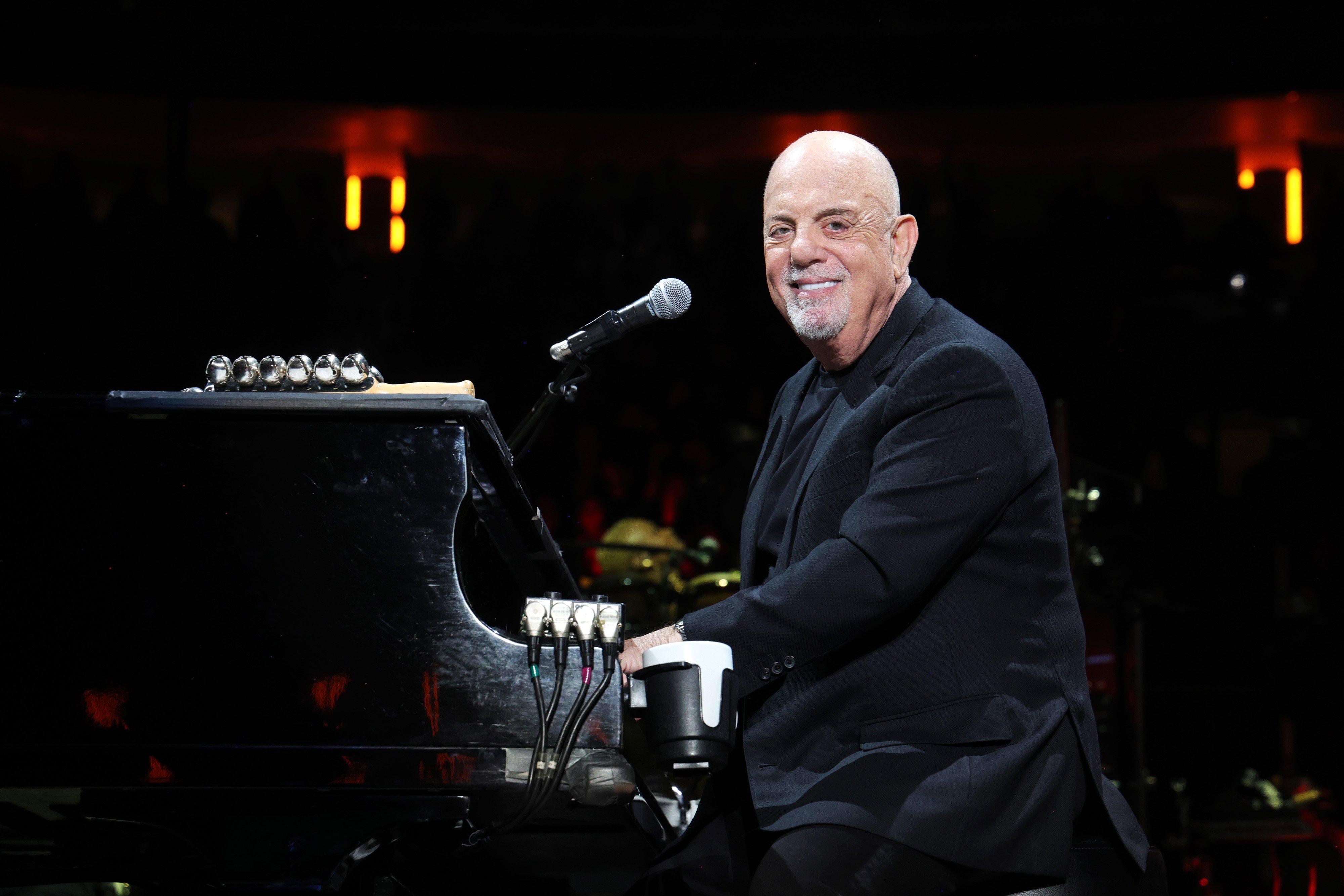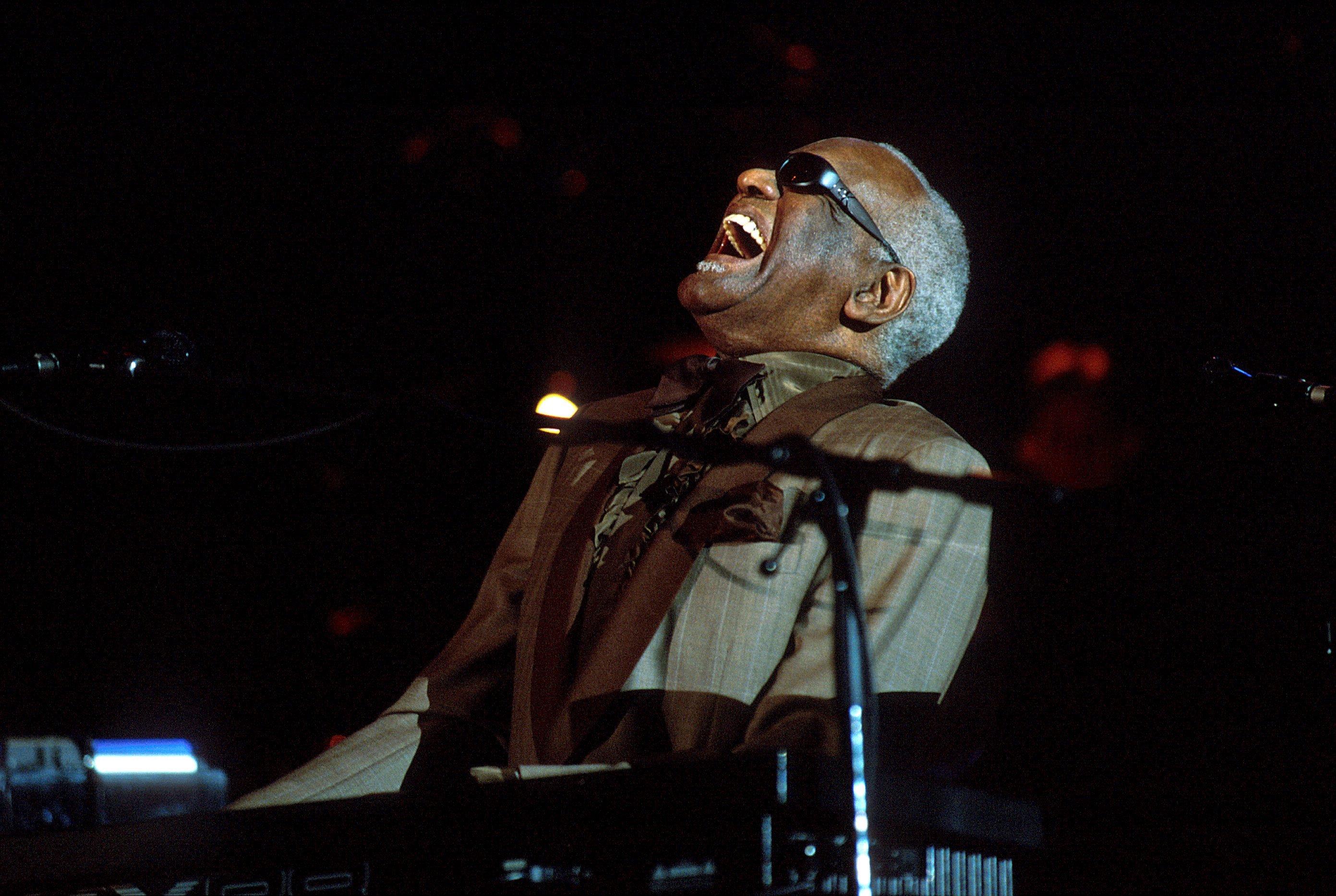Three of this year's five recipients of the Kennedy Center Honors are past GRAMMY winners for Album Of The Year. Billy Joel took the award in 1979 for 52nd Street, Carlos Santana in 1999 for Santana's blockbuster Supernatural and Herbie Hancock in 2007 for the star-studded River: The Joni Letters.
Joel also swept Record and Song Of The Year in 1978 for "Just The Way You Are." And he received a GRAMMY Legend Award in 1991. Santana also took home Record Of The Year for "Smooth," a collaboration with Rob Thomas that was the lead single from Supernatural.
Joel, Santana and Hancock are hardly the first winners of GRAMMYs in marquee categories to receive Kennedy Center Honors. Fourteen previous Kennedy honorees have won GRAMMYs in one or more of the "Big Three" categories — Album, Record and Song Of The Year.
Frank Sinatra, Stevie Wonder and Paul Simon, who share the GRAMMY record for most Album Of The Year victories (three each) received Kennedy Center Honors in 1983, 1999 and 2002, respectively. (Simon's tally includes one album with Art Garfunkel.)
Bob Dylan and Quincy Jones, who have each won Album Of The Year twice, received Kennedy Center Honors in 1997 and 2001, respectively. Dylan took Album Of The Year for 1997's Time Out Of Mind and as a guest artist on George Harrison's The Concert For Bangla Desh, the 1972 winner. Jones won in 1990 for Back On The Block and as producer of Michael Jackson's Thriller, the 1983 champ.
Other past Album Of The Year winners who have received Kennedy Center Honors are Barbra Streisand, Paul McCartney, Tony Bennett, Ray Charles, Tina Turner, and Robert Plant. Streisand won Album Of The Year in 1963 for The Barbra Streisand Album, McCartney for the Beatles' 1967 opus Sgt. Pepper's Lonely Hearts Club Band, Bennett for 1994's MTV Unplugged, Charles for 2004's Genius Loves Company, Turner as a guest artist on the aforementioned River: The Joni Letters, and Plant for 2008's Raising Sand, a collaboration with Alison Krauss.
(Several of these Album Of The Year winners have also won additional "Big Three" GRAMMYs.)
Three Song Of The Year winners, not already named, have received Kennedy Center Honors. They are Jerry Herman, who took Song Of The Year for 1964's "Hello, Dolly!," Stephen Sondheim, who won in 1975 for "Send In The Clowns," and Bruce Springsteen, who won in 1994 for "Streets Of Philadelphia."
Nearly 60 recipients of Kennedy Center Honors (57 to be exact) have received one or more honorary Recording Academy Special Merit Awards — the Lifetime Achievement Award, Trustees Award or GRAMMY Legend Award. As such, they have received the highest form of recognition for career achievement from both The Recording Academy and the Kennedy Center Honors.
Here they are, arranged by genre — with the year that the individual(s) received the Kennedy honor in parentheses.
Classical: Marian Anderson (1978), Artur Rubinstein (1978), Aaron Copland (1979), Leonard Bernstein (1980), Leontyne Price (1980), Isaac Stern (1984), Georg Solti (1993), Jessye Norman (1997), Andre Previn (1998), Van Cliburn (2001), Luciano Pavarotti (2001), and Itzhak Perlman (2003).
Traditional pop and Broadway: Fred Astaire (1978), Richard Rodgers (1978), Frank Sinatra (1983), Lena Horne (1984), Alan Jay Lerner & Frederick Loewe (1985), Perry Como (1987), Sammy Davis Jr. (1987), Stephen Sondheim (1993), Julie Andrews (2001), Tony Bennett (2005), Andrew Lloyd Webber (2006), and Barbra Streisand (2008).
Jazz: Ella Fitzgerald (1979), Count Basie (1981), Benny Goodman (1982), Dizzy Gillespie (1990), Benny Carter (1996), Dave Brubeck (2009), and Sonny Rollins (2011).
R&B: Ray Charles (1986), Aretha Franklin (1994), Stevie Wonder (1999), Quincy Jones (2001), James Brown (2003), Smokey Robinson (2006), and Diana Ross (2007).
Country: Roy Acuff (1991), Johnny Cash (1996), Willie Nelson (1998), Loretta Lynn (2003), Dolly Parton (2006), George Jones (2008), and Merle Haggard (2010).
Rock and contemporary pop: Bob Dylan (1997), Chuck Berry (2000), Paul Simon (2002), Elton John (2004), Brian Wilson (2007), The Who's Pete Townshend and Roger Daltrey (2008), Paul McCartney (2010), Led Zeppelin's John Paul Jones, Jimmy Page and Robert Plant (2012), and Billy Joel (2013).
Misc. (calypso, folk and blues): Harry Belafonte (1989), Pete Seeger (1994) and B.B. King (1995).
This year's other two Kennedy Center Honors recipients are GRAMMY-nominated opera singer Martina Arroyo and actress Shirley MacLaine. The artists will be saluted at the John F. Kennedy Center for the Performing Arts in Washington, D.C., on Dec. 8. The show will be telecast on CBS on Dec. 29.
(Paul Grein, a veteran music journalist based in Los Angeles, writes the weekly Chart Watch column for Yahoo.com.)




